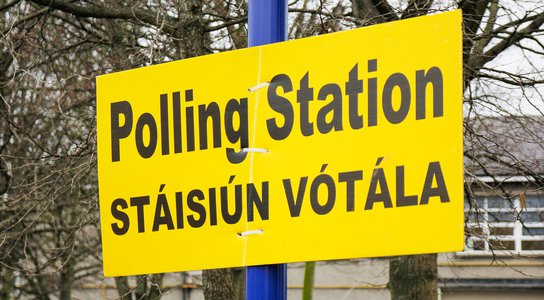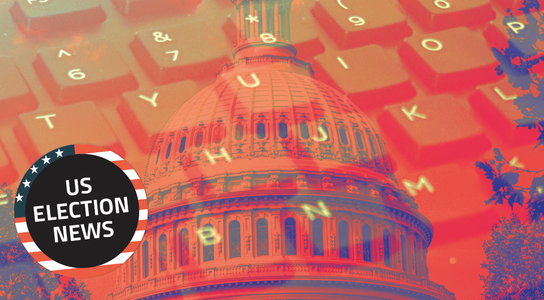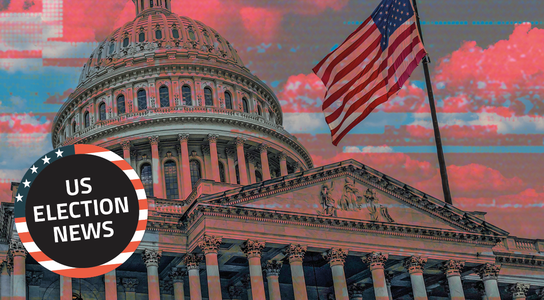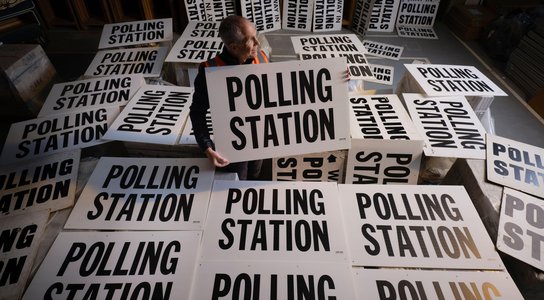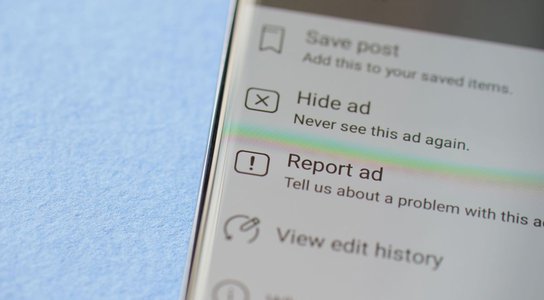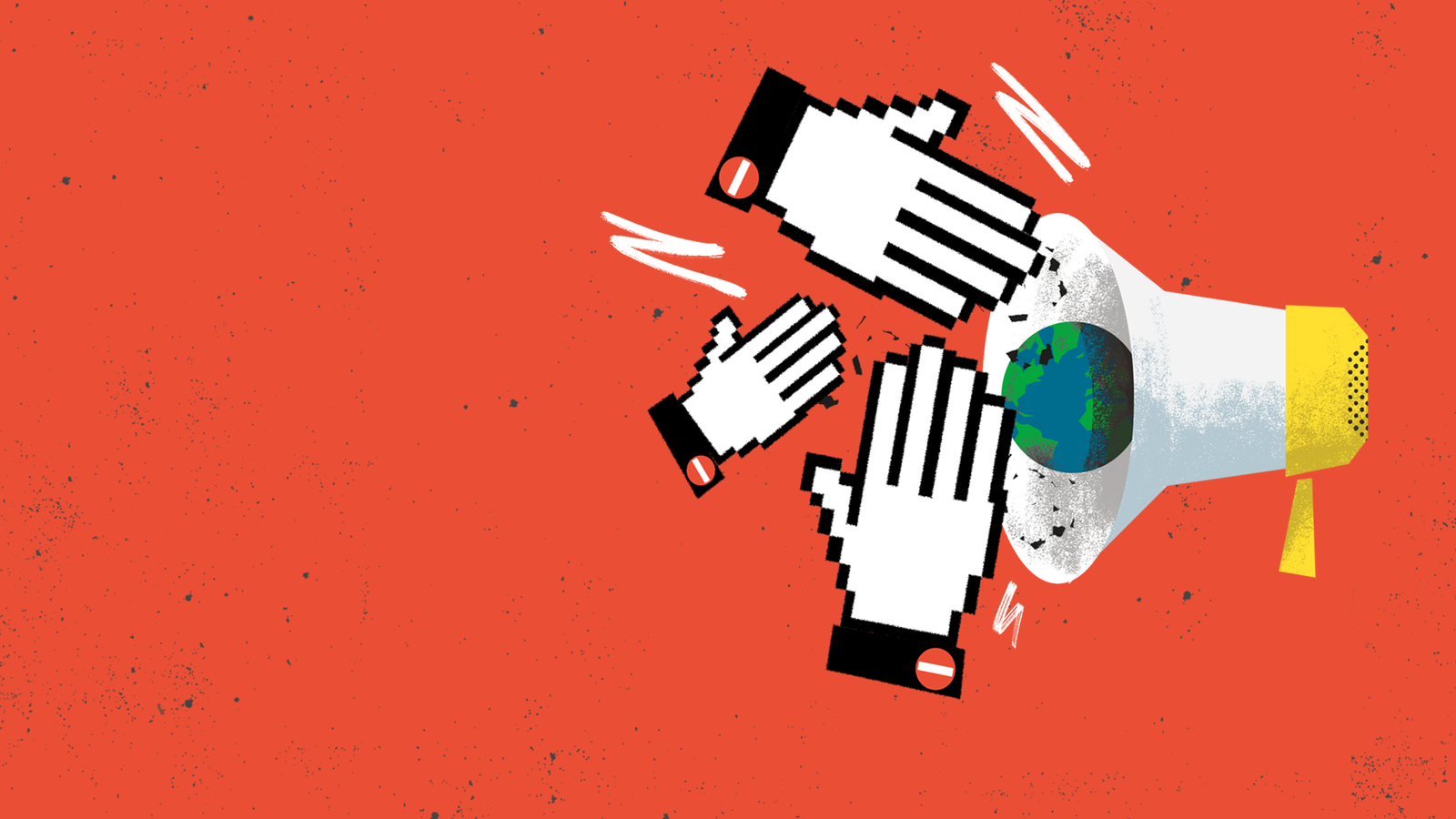So far, we have carried out numerous investigations in countries such as Brazil, Ethiopia, India, Ireland, Kenya, Myanmar, Norway, South Africa, the UK, and the USA, all showing social media platforms’ failure to implement their own policies when it comes to hate speech and disinformation.
Our work has already uncovered evidence that has shaped ground-breaking regulation of Big Tech in the EU and has been used to underpin legal action against social media platforms. But it’s not enough. We’re campaigning to hold these corporations to account through new laws that would ensure they have to prioritise the human rights of their users and the integrity of the information ecosystem.
Social media has pervaded our lives to an astonishing degree. Over 60% of the world’s population use it. These platforms are the new public realms, where news is shared, friendships are formed, and political movements rise and fall. They shape our realities by determining what we see and how we engage with it.
Time and time again we have seen social media corporations, such as Google, Meta, TikTok and X, abuse this power by allowing lies, conspiracy theories, and hate to flourish on their platforms, leading to real-world harm.
The social media platforms’ engagement-seeking business models underpin all this. Polarising, misleading, and hateful content drives more clicks and clicks drive advertising revenue. Compounding this, corporations underinvest in online safety and content moderation, leaving illegal content unchecked and vulnerable communities exposed. At a time when we need to unite in our efforts to counter the climate crisis, this predatory model causes division, has a chilling effect on those exposing the truth, and facilitates online attacks that can spill offline.
Social media giants need to invest more in protecting their users, including the people fighting the climate crisis. But it’s a price it seems they are not willing to pay, despite being among the richest companies in the world.
It doesn’t have to be this way. There is awesome power in digital platforms, to connect across the world, speak out against injustice, and galvanise people power against polluter power. Instead of tilting users towards toxic content, conspiracy, hate, and doubt social media corporations could play a crucial role in combating the climate crisis by adopting algorithms that prioritise quality information, and investing in content moderation that protects users such as climate activists, scientists, and defenders.
Credit for illustration: Nate Kitch / Global Witness




